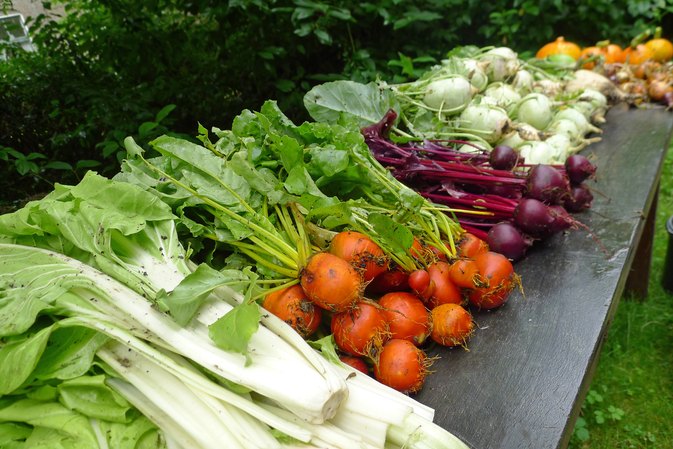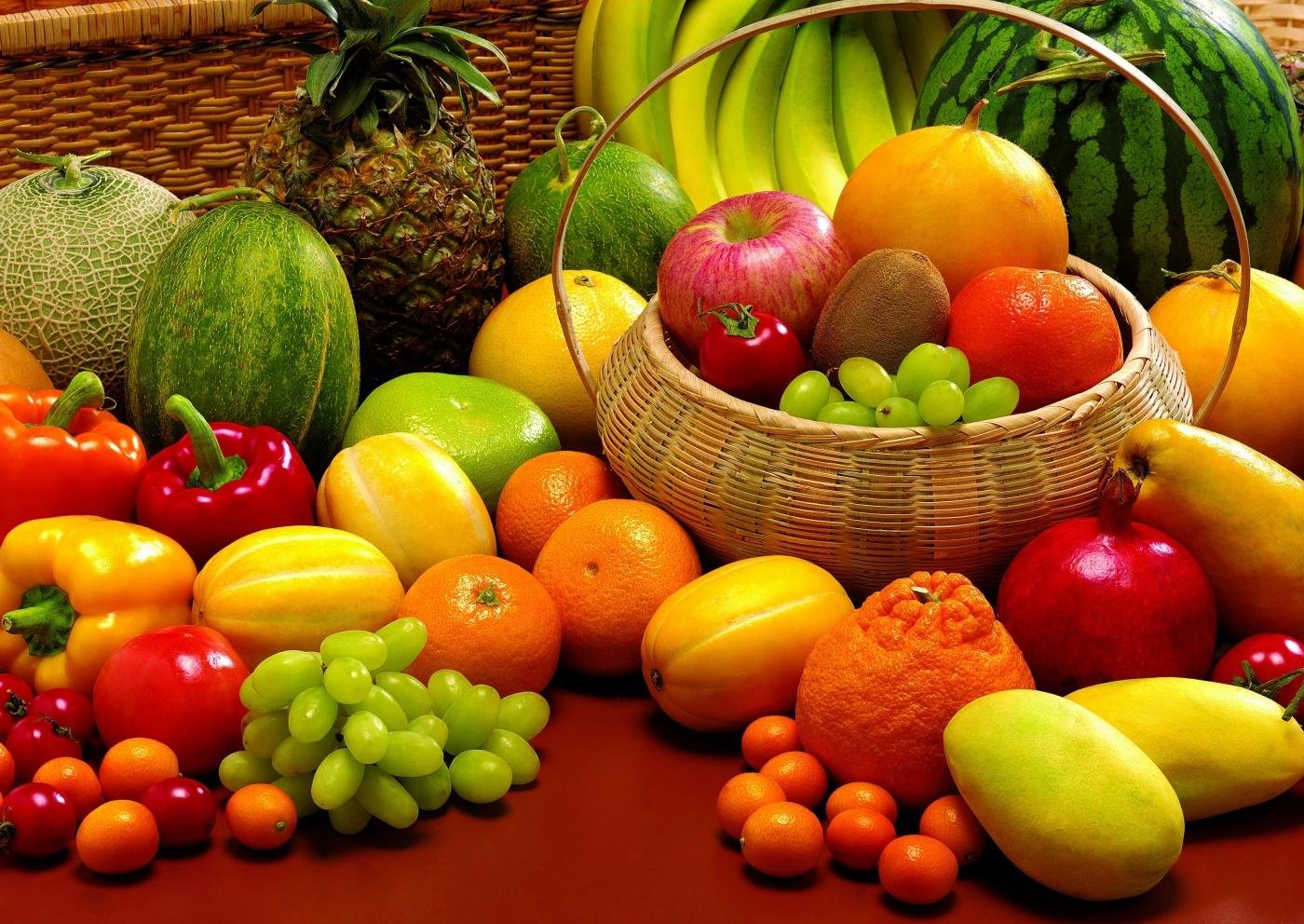
Fact: Harvests can be amazing. In
just one week, you can end up with a dozen tomatoes, six or seven ears of corn,
crisp greens, and a pound of peaches. This can also be a little daunting.
Wait, how do I store fresh herbs
again? What's the best way to handle all these tomatoes? Do melons go in the
refrigerator or on the counter-top?
With so much produce at our
fingertips this season, it's time for a refresher on the proper way to store
various fruits and vegetables. Here are the best ways to store apples,
tomatoes, fresh basil, and many, many more varieties of fresh produce.
A FEW GENERAL GUIDELINES
Do not store fruits and vegetables together. Fruits that give off high levels of ethylene (the ripening agent) can prematurely ripen and spoil surrounding vegetables. (Think of the "one bad apple" adage.)

For vegetables
Before storing, remove ties and
rubber bands and trim any leafy ends. Leave an inch to keep the vegetable from
drying out. Make sure the bag you store the veggies in has some holes punctured
to allow for good air flow. Pack vegetables loosely in the refrigerator. The
closer they are, the quicker they will rot. Leafy greens can be washed before
storing by soaking them in a sink full of water, while soft herbs and mushrooms
should not be washed until right before they are used.
For fruits
Non-cherry stone fruits, avocados,
tomatoes, mangoes, melons, apples, and pears will continue to ripen if left sitting
out on a counter-top, while items like bell peppers, grapes, all citrus, and
berries will only deteriorate and should be refrigerated. Bananas in particular
ripen very quickly, and will also speed the ripening of any
nearby fruits.
The Best Ways to Store Vegetables

Comments
Post a Comment